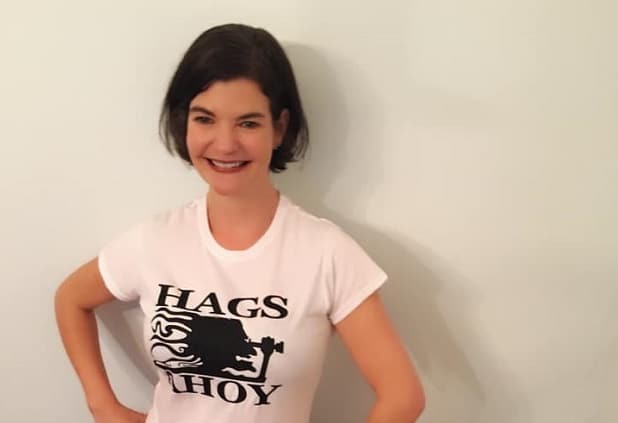
Covid ate my job. I’d spent six years flitting between residential homes offering music therapy, a wandering minstrel with a suitcase of tambourines, jolly jingly substitute for any actual talent. Not so much a career as a cry for help, singing to people with dementia felt a valuable way to spend my day, and met my yen for attention too.
The residents and I spent many happy hours beaming vaguely at each other, armchair dancing, warbling, reminiscing for the days of hit parades and proper tunes. Overnight – literally – it stopped. I was 43, unemployed, eligible for zero government help, and completely without any marketable skills. It’ll be a long time before care home managers will let me and my sticky maracas back into their sweaty midst, and I don’t blame them. I’m the very definition of a super spreader.
Of course, I’m not alone. Covid has destroyed the careers of millions. Unemployment has risen enormously, particularly among the young, and when the job retention scheme ends in a few weeks the number of new benefit claimants is likely to be eye-watering.
No wonder the government is preparing us all with its new career advisory service website – https://beta.nationalcareers.service.gov.uk – a personality quiz which suggests other possible, covid-proof career options that might suit. You’re presented with 50 statements – I enjoy helping people, I like working with tools, and so forth, then the system spits out a suggestion that you pursue a career in helping people or working with tools, which comes as a huge surprise.
My virtual career advisor suggested I be a cinema projectionist. Not a bad idea, given I find humans irksome, hate being outside, enjoy solitude, darkness, binging on carbs – except cinemas aren’t exactly on a huge recruitment drive. In fact Cineworld announced it was closing 127 cinemas and shedding 5500 staff just last week. Indeed, cinema projectionists must be among the least in demand professions during a pandemic, right up there with kissing booth attendants.
Mr Todd, an actor and playwright, was told he should be a road traffic accident investigator. He does like helping people, although he prefers them not dead; still, none of us are in any position to be picky. I suppose pandemics don’t alter the quantity of RTAs, so that’s something, but given he doesn’t drive and has zero practical skills, it still seems an odd suggestion.
Many of my actor friends were told they should become actors, which is reassuring, but with all the theatres are closed, not terribly helpful. The only person I know who was delighted with the advice she received was my pal Hannah, who was told she wasn’t suitable for any job at all. She’s always suspected it, and looks forward to being sent a perpetual furlough payment to lay about at home reading.
It’s the flippancy of this official-seeming advice that incenses. People with years of experience and training in one field being told they should start working in a different one, this minute. Music therapy not working out for you? Try a cinema! So you can’t be a sous chef any longer: why not perform tracheotomies on cattle! As though training were cheap and easy to access currently; as if people weren’t scared and desperate, and in need of instant assistance to get their families through the vile winter coming at us like a juggernaut. I know there are no easy answers to our collective plight, but the new government careers advice seems to be pretending that there are easy answers. They’ve done their best, honest, and if I don’t go get a job in a cinema, it’s my fault. It’s unhelpful and offensive.
As usual, people who were already in a precarious state are suffering most from the brutal economic downturn. And the virus kills the poor in much greater numbers than the rich – roughly two to one. If the government wants to improve the appalling infection and death rates from Covid in the UK, tackling poverty would be an obvious place to start.
Telling me to take a non-existent job at a non-existent cinema isn’t actually hilarious. It condemns me and my family to a greater likelihood of wretched lives and early graves. A universal basic income would hugely improve resilience to this stupid disease and put human dignity at the core of our response to it.
It’s probably too much to ask. But I do ask that desperate people aren’t misled, fobbed off and humiliated by those elected to keep them safe.

